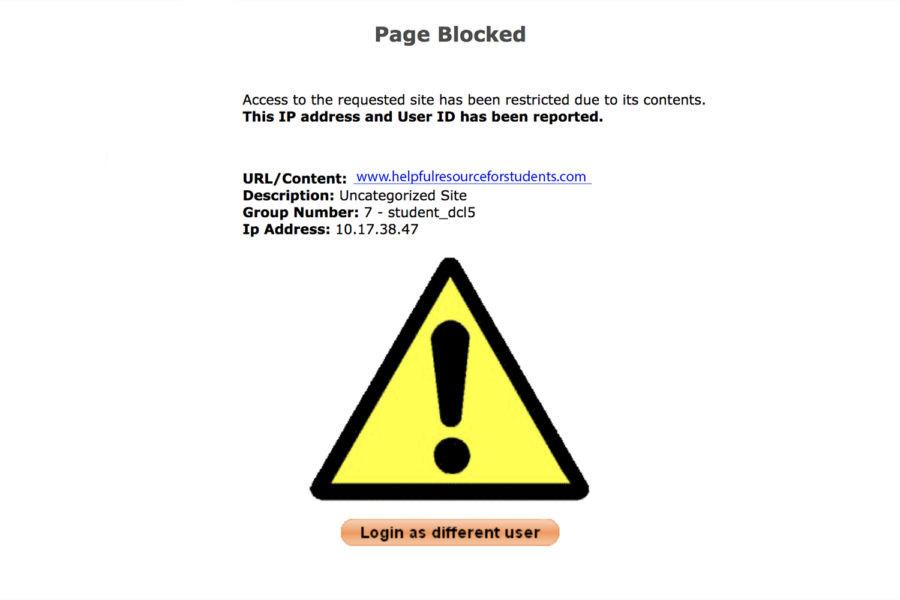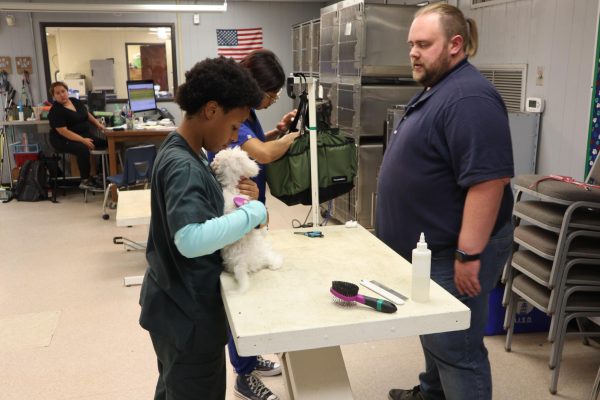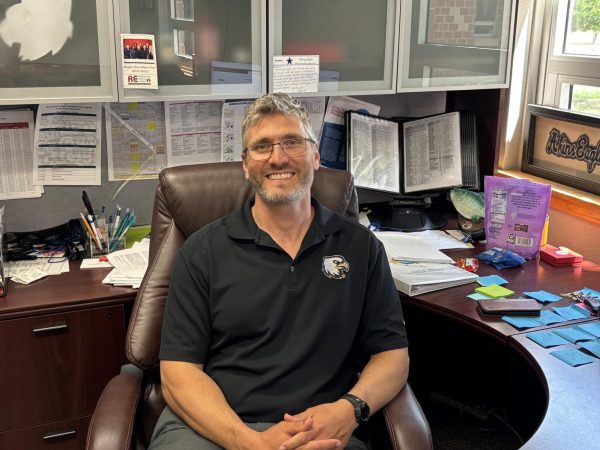District web filters restrict useful sites, causes irritation
November 30, 2017
Web filters are a way for the district to block ‘inappropriate’ websites and uncategorized sites. I’m sure most can agree that web filters are — to p u t it in simpler words — stupid and a constant annoyance to students and teachers and, in my view, just a brick wall that stops the learning process. The statement I gave obviously puts this fault on the district because it maintains the filter, but there is an actual law that puts them in this predicament.
The Children’s Internet Protection Act (CIPA)is a law passed by congress in 2000 for the protection and safety of kids on the internet in K-12 schools. The main fear that schools have is that if they even make one small mistake in allowing an ‘inappropriate’ site, they’ll lose all federal funding to pay for cheaper internet access.
The law, though, isn’t as strict as school districts believe it to be. The law actually focuses more heavily on the safety and security of minors on the Internet than the prevention of possible distractions in a classroom environment. I feel that it’s the job of the teacher to decide what’s appropriate and the district’s filter should allow teachers to unblock content they believe is helpful for learning.
Karen Cator, the former U.S. Department of Education’s director of Education Technology under the Obama administration, has said that many districts use “brute force technologies that shut down wide swaths of the Internet” like YouTube or certain social media websites. Cator said she believes districts should use “more nuanced filtering” so they can permit students to access legitimate content. I think that Internet filtering was actually quite necessary for a time. The internet is an incredibly useful tool especially for students but it can become risky as people can easily track your personal information. This is what CIPA was meant for. The way that some schools follow CIPA is kind of over the top. It seems like when smartphones became commonplace districts started shutting down access to many sites because students cannot be monitored as easily on smaller devices.
Smartphones, if you didn’t know, have the ability to connect to the internet not only through routers but through data services. Data services are basically just a completely alternate source for connection free from any school restriction. The restrictions that schools have for their Internet only affects the routers they have and the people that connect to them. This is where the difficulties occur. What’s the point of having these restrictions in the first place if most students can completely avoid it?
If anything these filters are completely unfair for students who weren’t — for lack of a better word — “blessed” with a smartphone and a data plan because of high costs. For the students that do have these advantages though, it creates an unnecessary conflict between them and school administrators that try to enforce the restrictions. Students will try to find ways to bypass them by using proxy servers while the district works to shut down accounts of students who use proxies.
I believe filters are necessary to a point, but they should only be used for keeping students safe from dangerous or fraudulent websites. By continuing the practices that are going on now you’re only going to end up with frustrated students whose access to the Internet at school depends on how wealthy they are.










